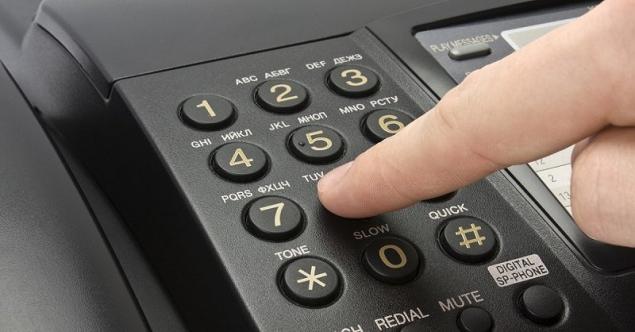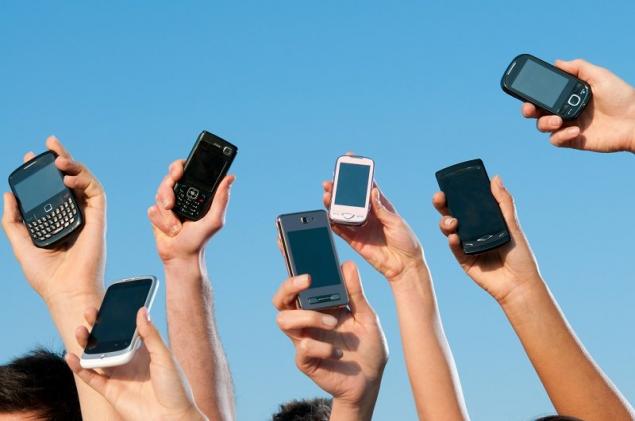160
The rules of modern telephone etiquette
The invention of the telephone changed the world of communication. To hear the voice of a loved one, just dial his number. And of course, they started to show up. telephone communication rules. For example, in the 1900s, it was illegal for girls to make phone calls. And the well-known and long-awaited “hello” caused a lot of controversy and was even considered a vulgar greeting.

DepositPhotos
The code of decency changed, but the rule remained iron-clad: if a phone rings, someone must pick up the phone and answer. However, in the modern world everything is different: the phone has now become a smartphone, and answering calls is not even fashionable. Editorial "Site" I'll tell you why.

DepositPhotos
Among business representatives, there has long been a rule not to respond when you see an unfamiliar number. But now any citizen can not pick up the phone and not feel remorse. After all, answering, you get either to advertise new tools, services, organizations, or some kind of poll. And it doesn’t matter whether a person or an answering machine is talking on the other end of the line, they waste your time in vain. This is now the most expensive resource.

DepositPhotos
Modern telephone etiquette says: first write a message to the person to see if he is busy, and only then type. No one can tell you why you don’t pick up the phone when you’re always near the phone. You need to understand that everyone has this gadget, but if you always and everywhere talk about it, you will interfere with others. Respect for other people’s personal space is also important.

DepositPhotos
Besides, besides, telephoneThere are a lot of programs and messengers with which you can constantly correspond with business partners, share photos with loved ones. And it's no surprise that someone signed up for a missed call from you instead of calling back. Young people now print more words than they speak out loud. That's the trend. Long conversations on the phone are no longer fashionable.

DepositPhotos
Tell us in the comments if you always answer your phone. Share an interesting article with your friends on social networks!
Photo by depositphotos preview.

DepositPhotos
The code of decency changed, but the rule remained iron-clad: if a phone rings, someone must pick up the phone and answer. However, in the modern world everything is different: the phone has now become a smartphone, and answering calls is not even fashionable. Editorial "Site" I'll tell you why.

DepositPhotos
Among business representatives, there has long been a rule not to respond when you see an unfamiliar number. But now any citizen can not pick up the phone and not feel remorse. After all, answering, you get either to advertise new tools, services, organizations, or some kind of poll. And it doesn’t matter whether a person or an answering machine is talking on the other end of the line, they waste your time in vain. This is now the most expensive resource.

DepositPhotos
Modern telephone etiquette says: first write a message to the person to see if he is busy, and only then type. No one can tell you why you don’t pick up the phone when you’re always near the phone. You need to understand that everyone has this gadget, but if you always and everywhere talk about it, you will interfere with others. Respect for other people’s personal space is also important.

DepositPhotos
Besides, besides, telephoneThere are a lot of programs and messengers with which you can constantly correspond with business partners, share photos with loved ones. And it's no surprise that someone signed up for a missed call from you instead of calling back. Young people now print more words than they speak out loud. That's the trend. Long conversations on the phone are no longer fashionable.

DepositPhotos
Tell us in the comments if you always answer your phone. Share an interesting article with your friends on social networks!
Photo by depositphotos preview.
An interesting feature of celandine: Russian ginseng finds the root of any disease
How to recognize toxic parents: the problem of the post-Soviet space























